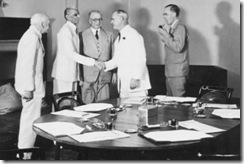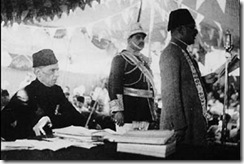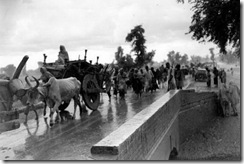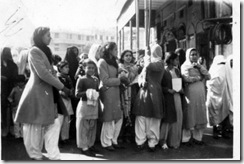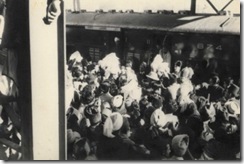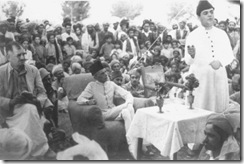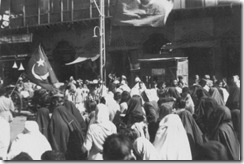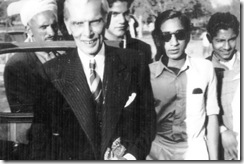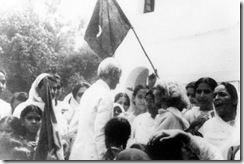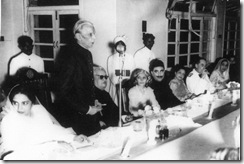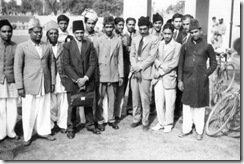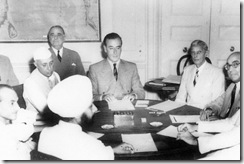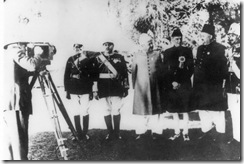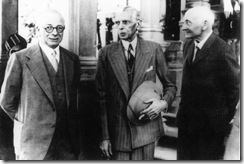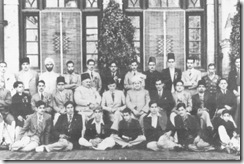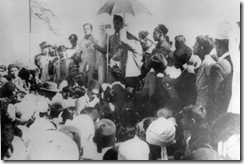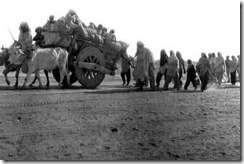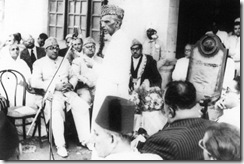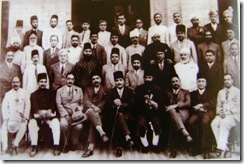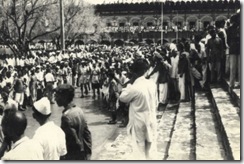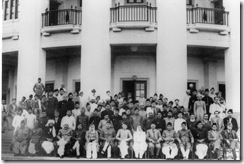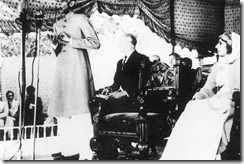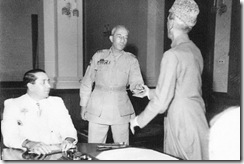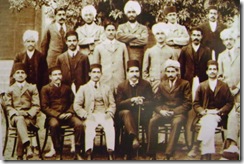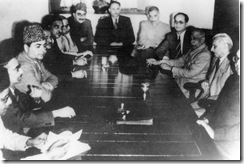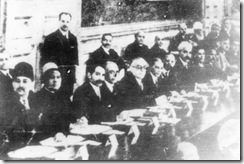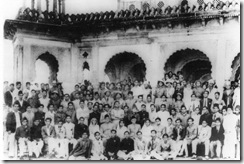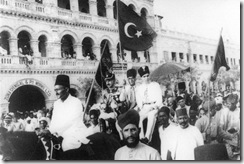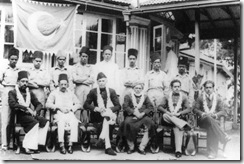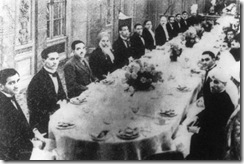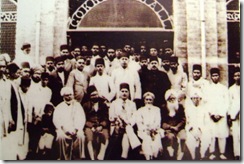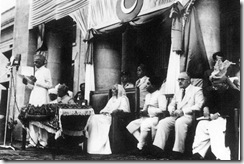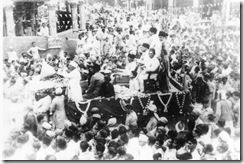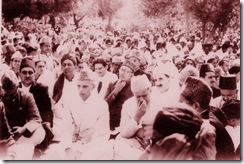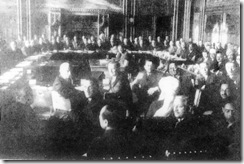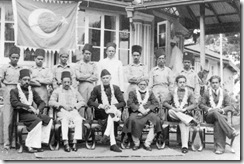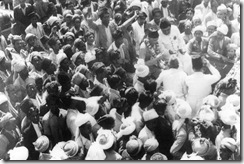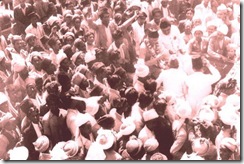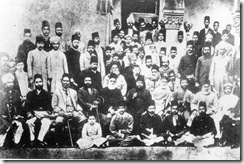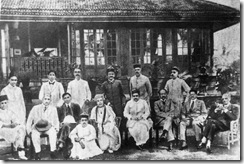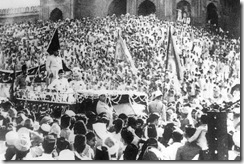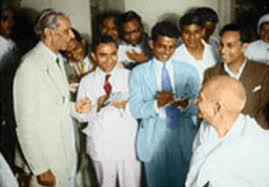The second visit of the Quaid-e-Azam was in 1936 during which he hinted to his first visit, saying that he had visited Kashmir ten years earlier too. In 1936 the Quaid-e-Azam addressed a meeting held in connection with Milad-un-Nabi, the birthday of the Holy Prophet (SAW) at the Mujahid Manzil, Srinagar. The Muslim Conference (at that point of time was led by Chaudhry Ghulam Abbas and Sheikh Abdullah) in welcome address to Jinnah appreciated his role as lover of Hindu-Muslim unity. Mr. Jinnah reciprocated the sentiments and said that the Muslims were in majority in Kashmir but it was their duty to ensure that the minority community that is, the Hindus of Kashmir would get justice and fair play at the hands of the majority community of Kashmir.
Mr.Jinnah, who was once proclaimed as ambassador of Hindu-Muslim unity, had been disillusioned by that time and in his speech regretted that some of the leaders of the majority community in British India had not been able to give such an assurance to the Muslim minority. That showed that the Quaid-e-Azam was not satisfied with the concept of Hindu-Muslim unity in British India.
The Muslim Conference, which represented the Muslims of the State 1936, was converted into National Conference in 1939 as its leaders had come under the influence of Nehru. Chaudhry Ghulam Abbas, who had joined hand with Sheikh Abdullah in 1939 to found National Conference, realized his mistake within three years. He returned to the Muslim Conference, which had been revived by 14 other leaders from Jammu and Kashmir. Soon many others joined the revived Muslim Conference and once again it became a force to reckon with.






